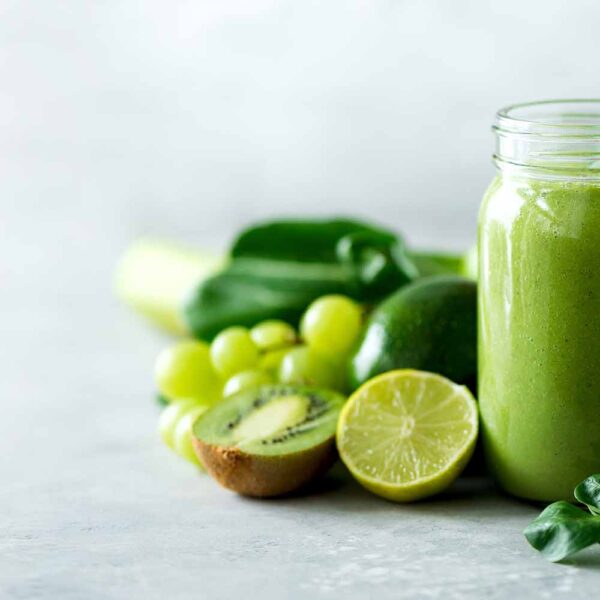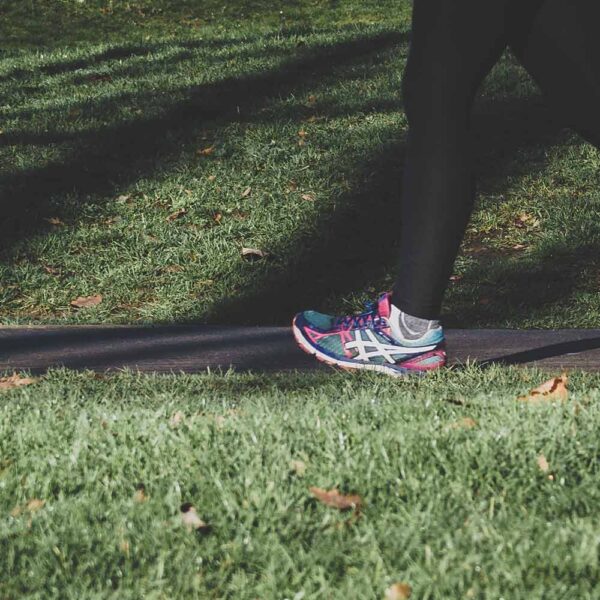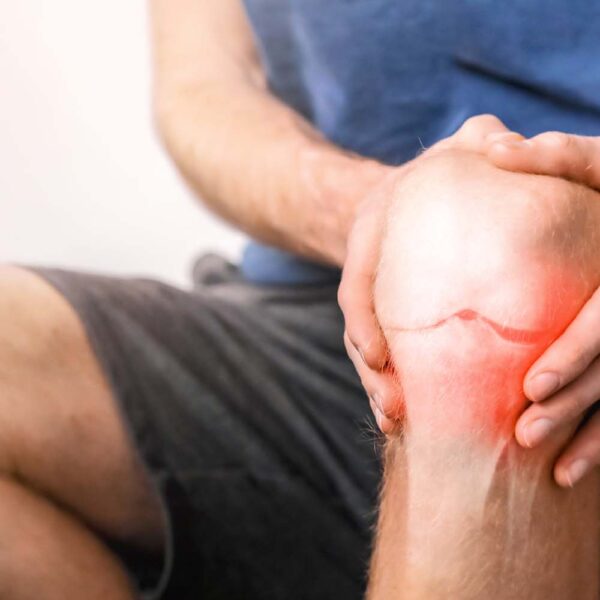We usually think of potassium in terms of something we need to offset high blood pressure – which is true in one sense – but there is so much more to this interesting but very important mineral and this is just one small benefit.
Most of the potassium found in our bodies is right inside the cells, at a concentration 30 times greater than that in the fluid surrounding the cells – the sodium-to-potassium ratio is 1:10 inside and 28:1 outside the cells. The difference in concentration across the cell membrane is actively maintained by what is called the ‘sodium pump’ – a biochemical mechanism which pumps the sodium out of the cell. The balance of sodium and potassium is regulated by the kidneys and in fact helps maintain the blood potassium level within a fairly narrow range despite a wide variation of dietary intake and total body content of potassium. Therefore a ‘normal’ blood level of potassium may not guarantee overall potassium adequacy.
Why is potassium important?
Potassium is one of the essential body salts or electrolytes, like chloride and sodium, and is needed for conducting electric currents throughout the body. The cell walls contain 98% of the body’s potassium supply, where it is used to regulate water and acid-alkaline balance. Potassium also plays a vital role regarding cellular integrity and fluid balance and has an important part to play in nerve function. Did you know that this little-thought-about mineral could do all that? Even more important is that it is vital in bodily functions such as the correct functioning of the heart, the muscles and the nervous system as well as for the maintenance of normal blood glucose levels.
People on diuretics often lose too much potassium through excessive urination, and are given supplements or drugs containing potassium to replenish their stores. Taking diuretics is something you may want to consider seriously. Unless prescribed to deal with a serious health condition, it’s extremely unwise to interfere with the body’s normal functions in this way – as perhaps young girls wanting to lose extra weight might do. Diuretics are not something to take lightly.
Potassium helps to metabolise proteins and carbohydrates, regulate heartbeat and aid in energy production. It is also important at preventing too much calcium being lost in the urine. On the other hand, by taking too much potassium, you could compromise your magnesium levels, and both potassium and magnesium are important for strong bones and teeth. Most minerals work best with other minerals, so these essentials minerals are best taken together.
The other wonderful thing about having just the right amount of potassium is that you derive wonderful health benefits from optimal levels, such as:
• Lowered blood pressure
• Relief from muscle cramps
• Reduced risk of stroke
• Reduced risk of kidney stones
• Possible protection against congestive heart failure
Absorption inhibitors include too much sodium from salt, processed foods, and excess alcohol – these all affect potassium levels. Corticosteroids (often given together with diuretics to off-set the edema caused by these drugs) also disturb the potassium balance in the body. However, in it’s natural state as found in fruit and vegetables, potassium is generally very well absorbed, and you won’t get too much by getting it this way.
Deficiency Symptoms:
While potassium deficiency is not common in young people due to it’s wide distribution in a number of foods, it is relatively common in people over the age of 55 especially those who suffer from chronic diseases or conditions such as diabetes.
Some other conditions which would contribute to potassium loss include:
• Diarrhea
• Vomiting
• Fasting
• Abuse of or over-use of diuretics
• Regular use of laxatives
The ‘healthy’ rule of thumb in this case is to deal with the underlying cause and eradicate or manage the condition (such as in the case of water retention or constipation) more naturally than with drugs as you may otherwise deplete already-low potassium levels.
Many people in the 55+ age group are on diuretics, heart medications, diabetic medications and laxatives to deal with the medications and thus are depleting their potassium levels at an alarming rate. Those who sweat or menstruate too heavily or when someone has lost blood or experienced prolonged vomiting spells may find that they are low in potassium. This then would be a good time to take some extra potassium.
Common symptoms of potassium deficiency include:
• Arrhythmia
• Depression
• Fatigue
• Mood swings
• Disorientation
• Irritability
• Confusion
• High blood pressure
• Hyperglycemia
• Impaired growth in youngsters
• Unhealthy changes in the nervous system
• Muscle weakness
• Muscle cramps
A typical potassium-deficient person over the age of 55 will present with symptoms such as:
• muscle fatigue
• poor appetite
• mental apathy
• fatigue
• depression
• constipation (caused by poor muscle tone in the intestines)
• an irregular heartbeat
• muscle cramps
• weakness
• irritability
• tissue swelling
• headaches
• bone and/or joint pain
• rapid heartbeat
If you see all these together, supplemental potassium in the right dosage may be just what the doctor ordered! Consuming excess poor-quality sodium (generally from junk and processed foods) further compounds the risk of deficiency as the imbalance created between these two minerals exacerbates potassium deficiency. While some extra salt added at the dinner table from a good source such as pink salt, herbal salt or natural sea salt is fine (in fact recommended) the amount taken in through processed food is huge and way too much.
Unfortunately on the other hand – some of the sports drinks and supplements used by athletes are just too high in potassium, and may deplete magnesium in the process. Intakes of more than 17,6g a day will lead to potassium toxicity. If you are taking potassium in supplement form, take somewhere between 99-300mg a day, and then get the rest from healthy foods.
The reference intake for potassium is around 3,500mg+ a day which would equate to:
• 2 bananas
• 8 apricots
• 1 slice of melon
• 2 oranges
• 1 red pepper
Other good sources of potassium are brewer’s yeast, potassium gluconate and potassium chloride, the latter is often used in place of sodium chloride or table salt. Fresh vegetables and fruit are excellent sources of potassium
here are some of the top natural sources:
• Bananas (best)
• Orange juice (freshly squeezed not processed)
• Grapefruit juice (fresh)
• Guavas, figs, raisins, dates
• Dried apples, peaches, apricots
• Melons
• Tomatoes
• Red pepper
• Avocados
• Salmon and sardines
• Whey protein isolate (as found in The Best Whey in my online store)
• Turkey
• Beans
• Nuts & seeds
• Greens such as: Swiss chard/spinach, watercress, cabbage
• Many herbs such as coriander and parsley
• Many spices such as turmeric and paprika
Although there are a number of different kinds of potassium available, some of which may upset the stomach somewhat and are pretty expensive, most people use potassium gluconate which is fairly inexpensive. There is a slow-release type of potassium available but there are instances of small bowel perforation with this particular version of potassium so I hesitate to recommend it.
Eat your greens, eat whole, healthy real food and you probably won’t be short of this vital mineral.







